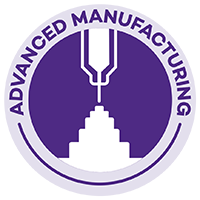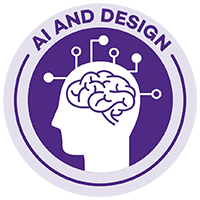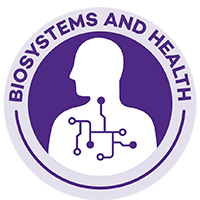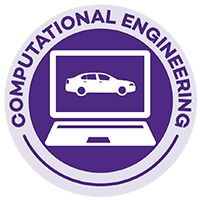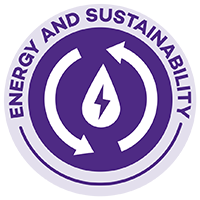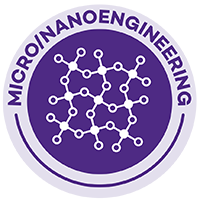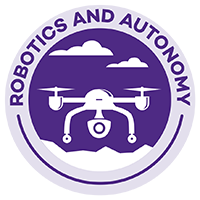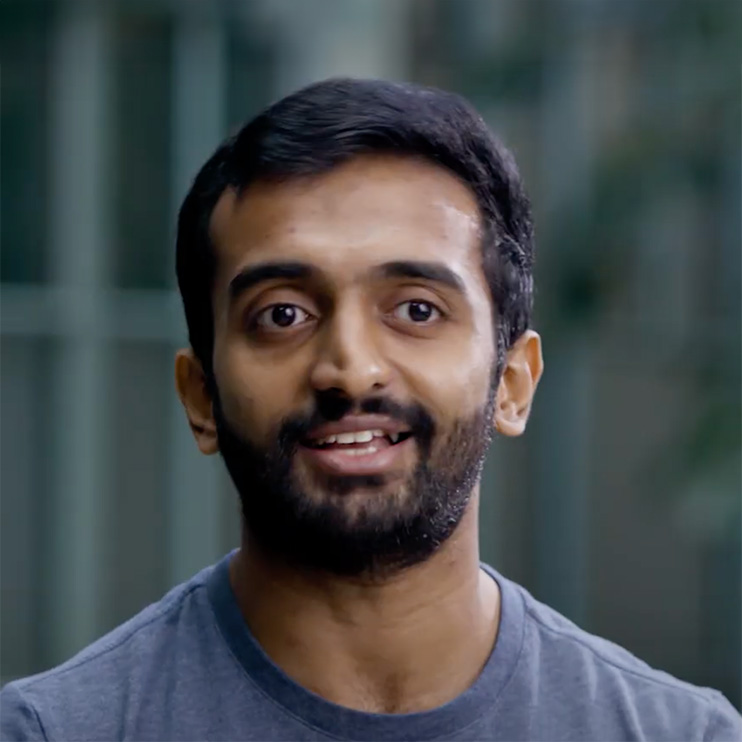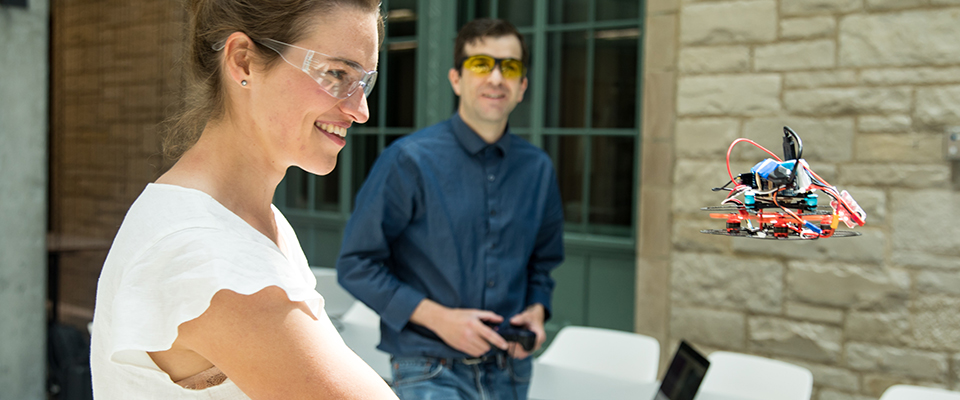
PhD in Mechanical Engineering
Learn to integrate mechanical sciences, computation, and design to shape the future
With its collaborations across departments and institutions, the Department of Mechanical Engineering at Northwestern University educates the engineers of the future while conducting leading-edge research. We combine innovative teaching and pioneering research in a highly collaborative environment that transcends traditional academic boundaries. Our graduate programs provide a solid foundation for careers in industry, research labs, and academia.
The PhD program focuses on the discovery of new knowledge and technologies. Doctoral students are expected not only to pursue a rigorous course of study, but also to demonstrate scholarly distinction by advancing the state of knowledge in their chosen fields of research.
Research Excellence
Study at the forefront of mechanical engineering research
Our students benefit from access to our cross-disciplinary research centers and programs, state-of-the-art facilities, and the ability to work with our influential faculty.
highly cited researchers
1/3 of our faculty rank in the top 1 percent of citations according to Clarivate.
state-of-the-art facilities
supporting both student coursework and research
Cross-cutting Research Areas
Learn to expand research boundaries to create societal impact
Building on the core research disciplines of Design and Manufacturing, Mechanics and Materials, and Robotics and Biosystems, we address pressing societal needs through our seven cross-cutting research areas. Faculty members from all three core groups work in one or more of these areas.
Discover individual faculty involvement with each research areas via our research matrix.
Chicago
Take advantage of strong research ties to Chicago-area partners
Mechanical engineering faculty and students have a strong history of collaboration with Northwestern's Feinberg School of Medicine, Argonne National Laboratory, and Shirley Ryan AbilityLab, a first-ever “translational” research hospital where clinicians, scientists, innovators and technologists work together to apply research in real time to physical medicine and rehabilitation.
Curriculum
The basics at-a-glance
Students entering with a bachelor’s degree will take a total of 15 course units (excluding project/research units) to qualify for a PhD. Those entering with a master of science degree can waive a maximum of 6 course units.
Students are encouraged to take courses from across engineering and science disciplines to build a program that accommodates their own research interests and talents.
Students typically complete their PhD in 4 - 5 years.
Coursework
Over six quarters, students take courses in mechanics, thermodynamics, design, nanotechnology, dynamics, and nanotechnology.
Research
Students undertake at least six quarters of research alongside faculty in specialized areas, culminating in a written dissertation on their research project
Teaching
All PhD students must complete a teaching requirement during which they will have the opportunity to design a course while serving as a teaching assistant.
Cluster Programs
PhD students can also participate in these cluster programs:
Doctoral Cluster in Predictive Science and Engineering Design
Why Northwestern?
Broaden your knowledge and perspective while networking with accomplished faculty in a welcoming environment
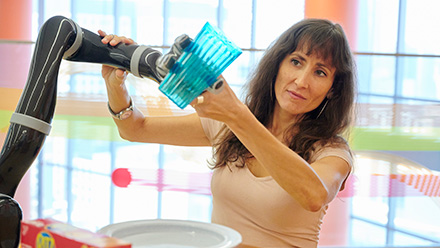
Study with top-tier, interdisciplinary faculty
Our highly interdisciplinary faculty — one-third of whom have joint appointments with other departments — include nine members of the National Academy of Engineering and eight editors-in-chief of leading journals. Many have also received the top teaching awards at the University.
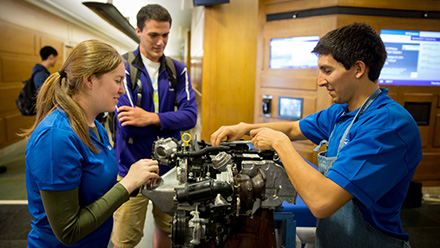
Join a welcoming community
In line with our whole-brain engineering philosophy, we believe that new ideas and innovations arise through the collaboration of thinkers with different perspectives, experiences, and strengths.
As a community, we value belonging, equality, and the shared pursuit of excellence. We seek to ensure that all members of our community are empowered and have the opportunity to reach their full potential.
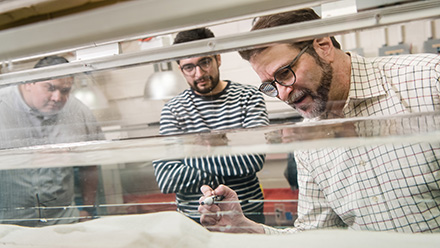
Benefit from our supportive environment
Work-life balance is essential to a fulfilling graduate education experience. Beyond the classroom, the Mechanical Engineering Graduate Students’ Society (MEGSS) plans social events and provides mentoring and guidance, and Northwestern offers services and benefits to nurture students’ mental, emotional, and physical well-being.
Funding
Tuition, benefits, and stipend
Full-time PhD students in mechanical engineering who are making satisfactory progress toward their degrees secure continuous financial support for the duration of their studies including tuition, benefits, and a stipend. Paid parental leave and childcare grants are also available for eligible students.
Career Paths
Prepare for a career in academia or industry
In addition to the extensive career placement resources available through both Northwestern’s Engineering Career Development office and Northwestern Career Advancement, the department supports student career development and placement through career talks with panels of graduates working in different sectors, teaching and research experience, and networking through faculty.
Our graduates pursue careers in:
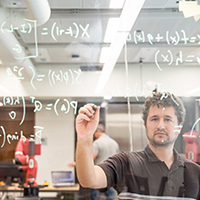
Academia

Industry

Government
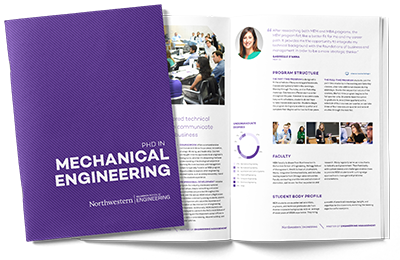
Request Your Program & Application Guide
Request a customized program guide about the PhD in mechanical engineering.

